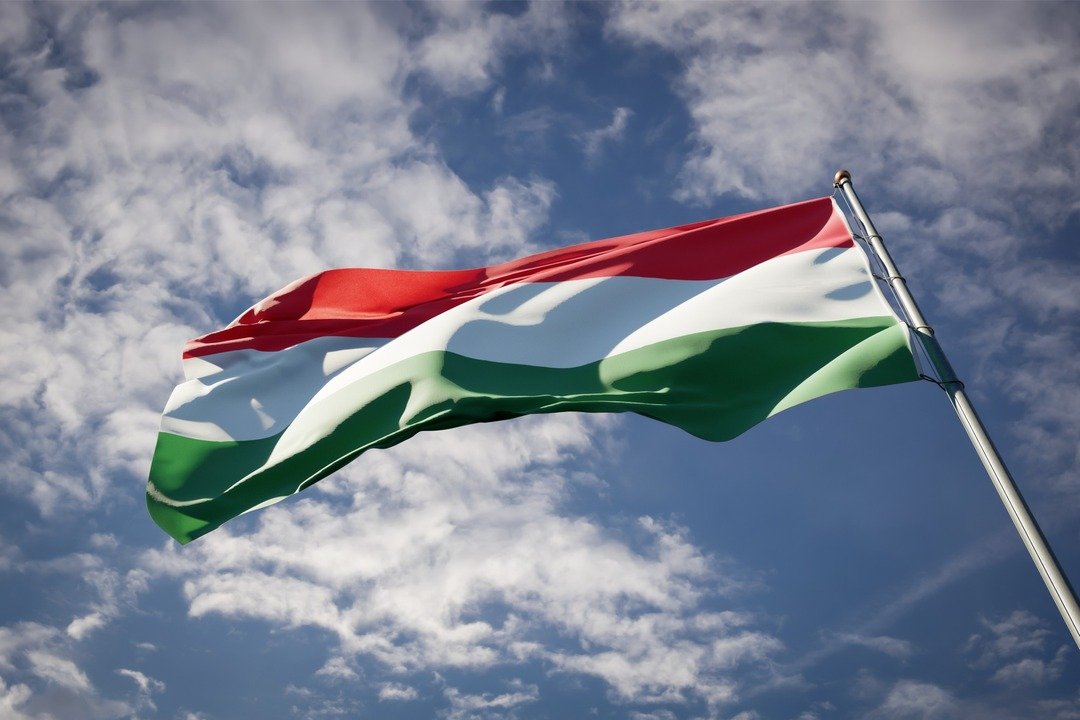Hungary's recent decision to expand its National Card program to include citizens of Russia and Belarus has triggered significant controversy within the European Union, particularly among the Baltic and Nordic states. This move, which has been met with skepticism and concern, is expected to be a key topic at the upcoming EU foreign ministers' meeting on August 28.
Zoltán Kovács, a Hungarian government spokesperson, highlighted that there are "huge masses of Russians" living in the Baltic states, which have been among the most vocal critics of Hungary's National Card system. These countries have raised alarms over the potential security risks associated with the inclusion of Russian and Belarusian nationals.
In response to Hungary's decision, the European Commission sent a formal letter to Budapest, seeking clarification on the rationale behind the easing of entry rules for Russian and Belarusian citizens. The letter reflects the growing unease within the EU over the implications of Hungary's policy shift.
Additionally, leaders from the Baltic and Nordic states have jointly addressed a letter to Ylva Johansson, the European Commissioner for Home Affairs, expressing their deep concerns. They warned that Hungary's changes "may constitute a serious security risk," emphasizing the potential dangers this policy could pose to the broader European community.
Despite the mounting pressure, Gergely Gulyás, Head of the Prime Minister’s Office in Hungary, dismissed the concerns surrounding the National Card program. He pointed out that there are currently 6,000 Russian nationals working in Hungary and 300,000 in Germany, downplaying the fears expressed by other EU member states. Gulyás assured that the European Commission would be kept informed about the inclusion of Russians and Belarusians in the National Card, but he emphasized that this issue "does not concern the body."
As the EU foreign ministers' meeting approaches, the controversy surrounding Hungary's National Card expansion continues to escalate, with many anticipating a heated debate over the potential security risks and the broader implications for EU unity.

